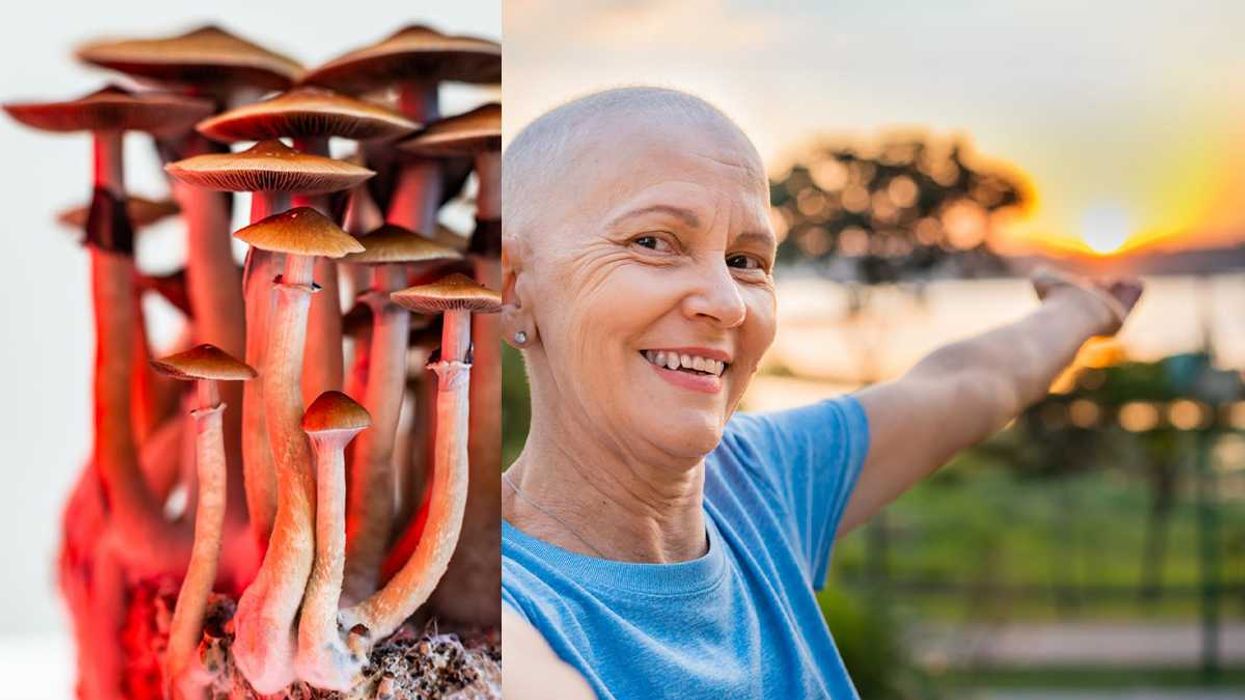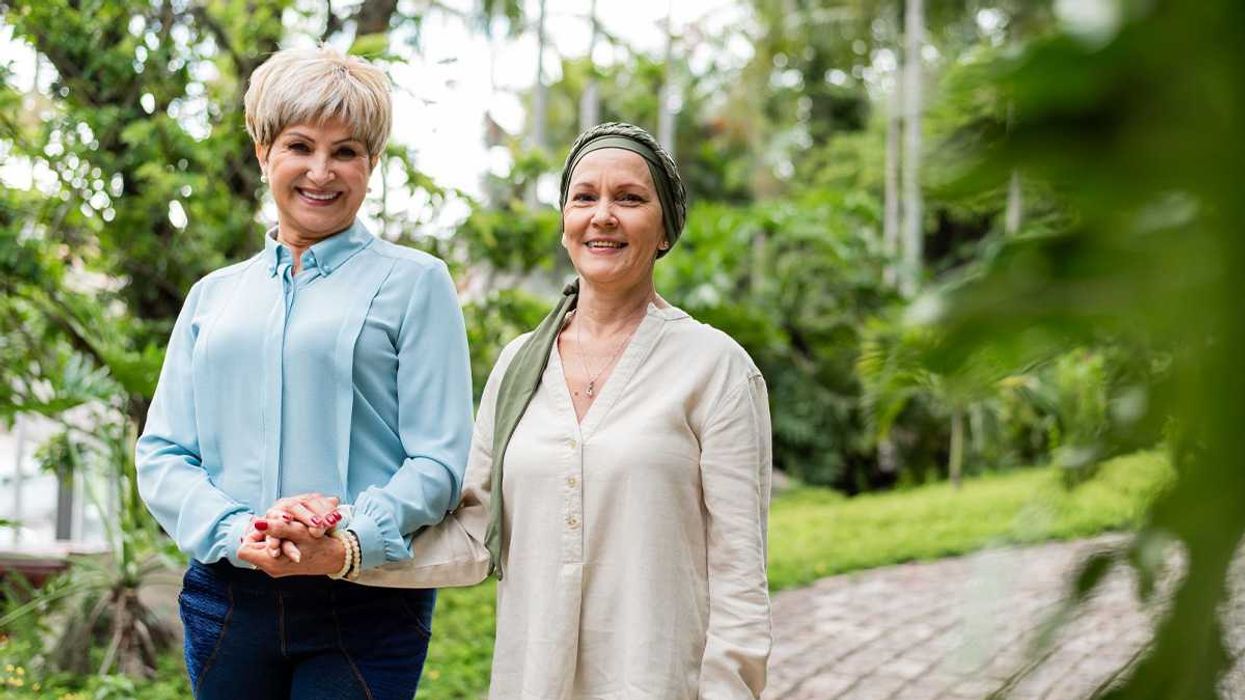Prince Harry is no stranger to the harsh public eye. Over the years he’s made more than a few mistakes that made their way to the front pages of tabloids and lived up to his party boy reputation. But now, Prince is both changing his image and sharing with the world the very deep struggles he faced following his mother’s tragic death.
“I sort of buried my head in the sand for many, many years,” he said during a 30-minute interview with London's Daily Telegraph for its “Mad World” podcast. “I can safely say that losing my mom at the age of 12 and therefore shutting down all of my emotions for the last 20 years has had a quite serious effect on not only my personal life, but also my work as well.”
He explained in the podcast that he chose to ignore his mother’s passing and the subsequent trauma for two decades, “and then two years of total chaos.” The Prince added, “And I just … I couldn’t put my finger on it, I didn’t know what was wrong with me. I thought this was part of you know, growing up or whatever.”
It was then, Prince Harry said, his brother Prince William suggested he seek counseling. “My brother you know, bless him, he was a huge support to me and kept saying ‘You know this is not right, this is not normal, you need to talk about this stuff, it’s ok.’”
Prince Harry has long been involved in making the world more aware of mental health issues. Along with his brother and sister-in-law Duchess Kate, Harry is spearheading the campaign “Heads Together,” which promotes mental health awareness and provides practical tools to friends and family of those suffering.
“I do feel in a good place,” Harry said of his post-counsel life. “Because of the process that I’ve been through over the last two and a half years, three years, I’ve now been able to take my work seriously, been able to take my private life seriously as well. And be able to put blood, sweat, and tears into the things that really make a difference. The things that I think will make a difference to everybody else.”
Prince Harry is far from alone in his struggles with mental health, however, he is one of the lucky few to receive appropriate access and care to professionals. Researchers from NYU Langone Medical Center announced Monday their findings after analyzing a federal health information database. The research team concluded that 3.4 percent of the U.S. population (more than 8.3 million) adult Americans suffer from serious psychological distress, or SPD.
Sadly, one of the study’s other key findings is that, over the course of the surveys taken from 2006 to 2014, access to health care services deteriorated for people suffering from severe distress when compared to those who did not report SPD.
“Although our analysis does not give concrete reasons why mental health services are diminishing, it could be from shortages in professional help, increased costs of care not covered by insurance, the great recession, and other reasons worthy of further investigation,” Dr. Judith Weissman, lead study investigator and a research manager in the Department of Medicine at NYU Langone, said in a statement.
The NYU Langone research team estimated that nearly one in 10 distressed Americans (9.5 percent) still did not have health insurance in 2014 that would give them access to a psychiatrist or counselor.
The Department of Health and Human Services has shared a few resources so Americans can find health care with or without insurance, if they need it here.
















 Volunteers who drive homeless people to shelters talk with a person from Ukraine in Berlin on Jan. 7, 2026.
Volunteers who drive homeless people to shelters talk with a person from Ukraine in Berlin on Jan. 7, 2026.
 Tasks that stretch your brain just beyond its comfort zone, such as knitting and crocheting, can improve cognitive abilities over your lifespan – and doing them in a group setting brings an additional bonus for overall health.
Tasks that stretch your brain just beyond its comfort zone, such as knitting and crocheting, can improve cognitive abilities over your lifespan – and doing them in a group setting brings an additional bonus for overall health. Overdoing any task, whether it be weight training or sitting at the computer for too long, can overtax the muscles as well as the brain.
Overdoing any task, whether it be weight training or sitting at the computer for too long, can overtax the muscles as well as the brain.

 Amoxicillin is a commonly prescribed broad-spectrum antibiotic.
Amoxicillin is a commonly prescribed broad-spectrum antibiotic.  Chart: The Conversation, CC-BY-ND
Chart: The Conversation, CC-BY-ND
 Counterintuitively, social media can make you feel more bored and lonely.
Counterintuitively, social media can make you feel more bored and lonely. Talking about what you’ve read can add a social dimension to what can be a solitary activity.
Talking about what you’ve read can add a social dimension to what can be a solitary activity. 
 Women and people of color who experience cardiac arrest are less likely to receive CPR.
Women and people of color who experience cardiac arrest are less likely to receive CPR.

 Mushrooms containing psilocybin.Photo credit:
Mushrooms containing psilocybin.Photo credit:  Woman undergoing cancer treatments looks out the window.Photo credit:
Woman undergoing cancer treatments looks out the window.Photo credit:  Friend and patient on a walk.Photo credit:
Friend and patient on a walk.Photo credit: